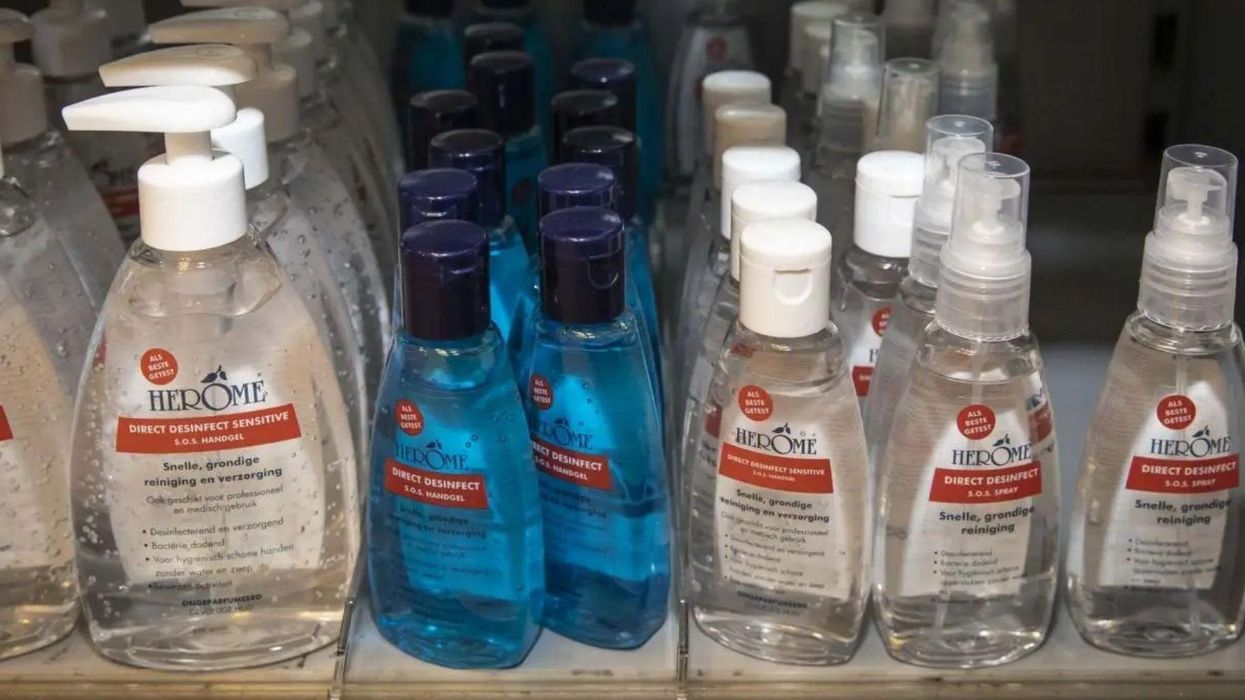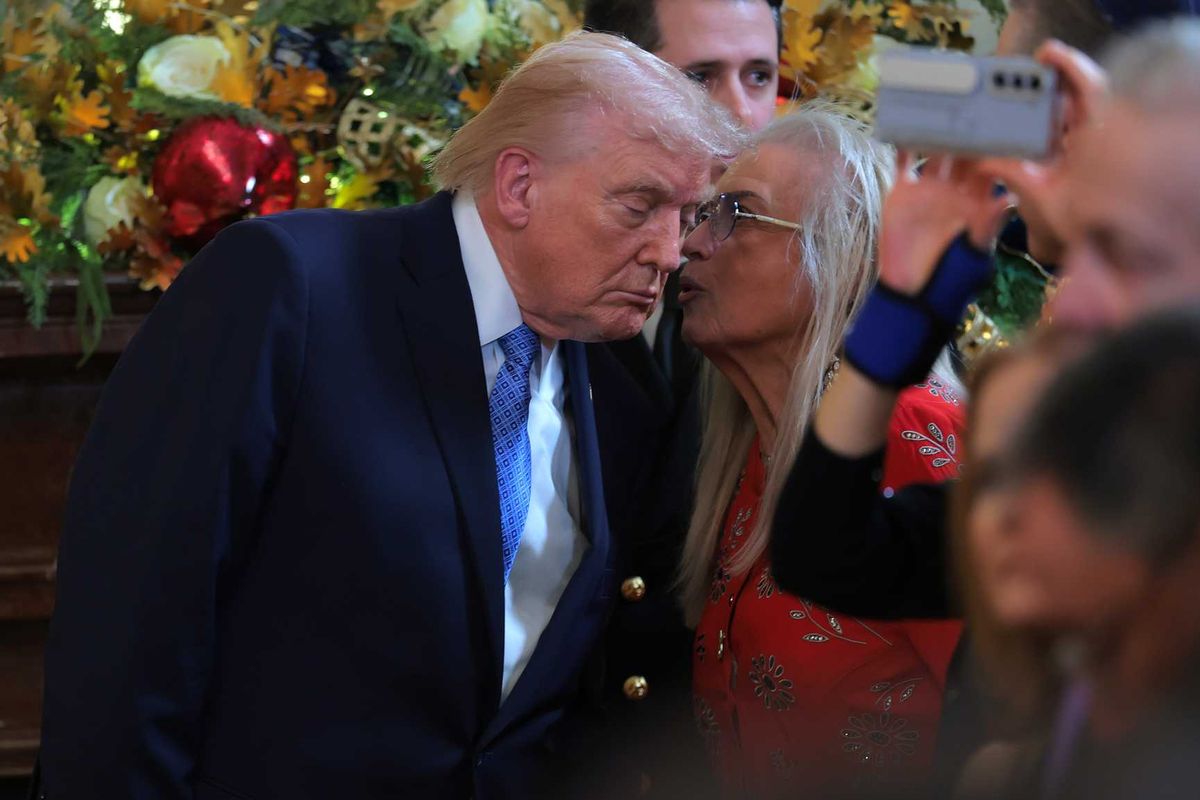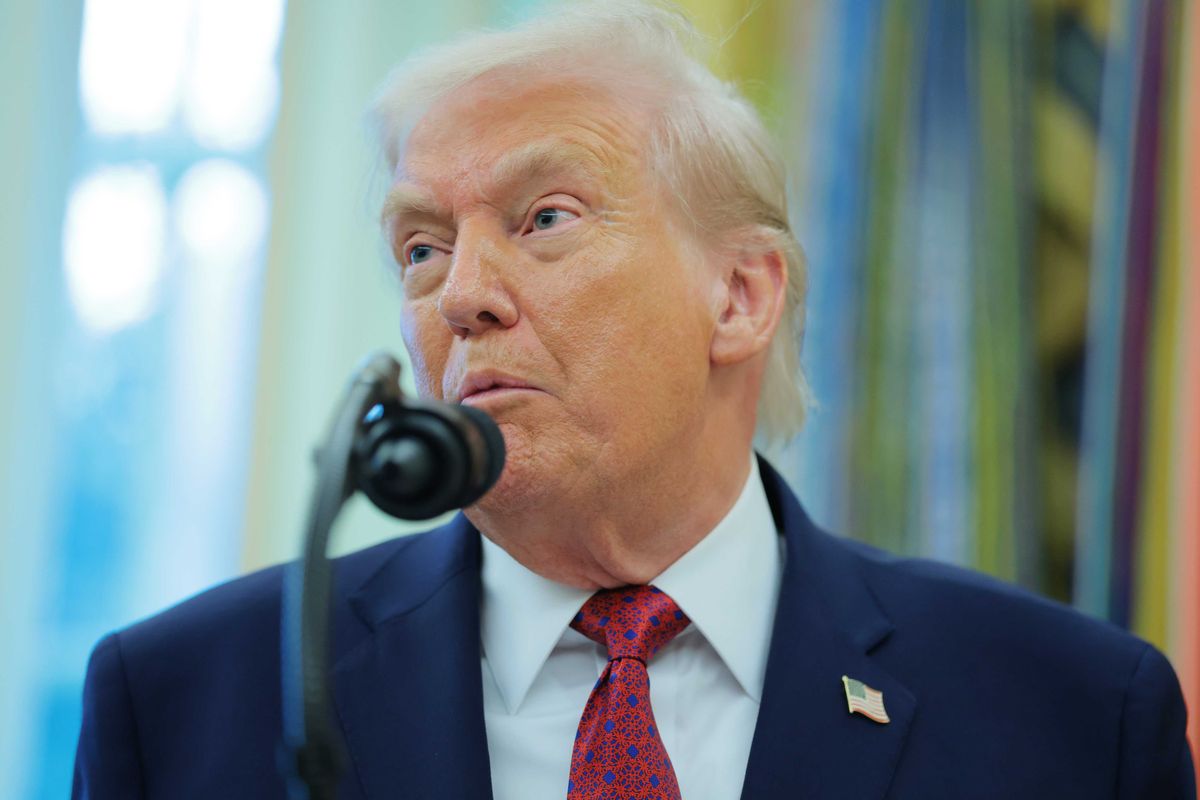News
Sirena Bergman
Mar 16, 2020

Two brothers with 17,700 bottles of sand sanitiser divided the internet over the weekend, after a New York Times piece exposed their story.
It explained that Matt and Noah Colvin, from Tenessee, spent three days driving around two states buying up supplies of hand sanitiser after the first coronavirus death was reported in the United States on 1 March. They listed them on Amazon and began making a profit almost immediately, but online retail platforms soon caught wind, and suspended all accounts selling products including hand sanitiser, face masks or antibacterial wipes for above standard prices.
This obviously left the Colvins (partiocularly Matt, who reportedly was the one holding onto the merchandise) in a bit of a pickle, but the internet was not sympathetic. The article itself pointed out that this kind of stockpiling is problematic, as it means that more vulnerable people will be left without the supplies they need. This struck a cord with readers.
@nytimes His excuse for selling purell for $20-40?? "It costs me $16 plus to mail it to you. " Really?? When ask… https://t.co/4cflqmV0qM— Miss.Texas Carter (@Miss.Texas Carter) 1584190741
@nytimes This is what capitalism without morality looks like.— Jan Mueller (@Jan Mueller) 1584189438
@nytimes My heart doesn't exactly bleed for someone who hoarded hand sanitizer in hopes of making a million bucks o… https://t.co/gNvYjyOJ7C— Dmin (@Dmin) 1584188108
It seems even by American capitalist individualism standards, this was a step too far. But many pointed out that it's actually not that far removed from how the system is actually set up to work.
@nytimes What’s the difference between this guy and all the people hoarding wealth though, including Amazon and eBa… https://t.co/gvr8lI0BQc— Kelly Ann 🏳️🌈 (@Kelly Ann 🏳️🌈) 1584202300
Either way, it seems the message was heard loud and clear, because it has now been reported that Matt has donated the whole supply to "people in need" across the state.
Colvin reportedly received "hate mail and threats" after the article appeared, but said he wasn't aware beforehand of the severity of his actions.
He told The New York Times in a follow-up article that:
It was never my intention to keep necessary medical supplies out of the hands of people who needed them,” he said, crying. “That’s not who I am as a person. And all I’ve been told for the last 48 hours is how much of that person I am.
And it's not just the public perception which he's concerned about. Tennessee price gauging laws prohibits charging “grossly excessive” prices for products including medical supplies after a state of emergency is declared, and Colvin could have been in breach of these rules.
Either way, at least it's positive news for people in the area looking for supplies.
Top 100
The Conversation (0)













